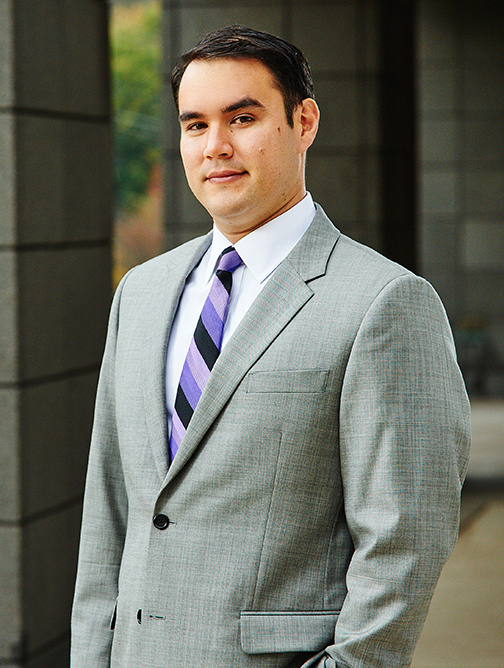 Dr. Alexander Arnold joined the Foundation in 2012 as a Program Officer, where he helped develop and oversee grants in Philosophy & Theology. Sir John Templeton’s vision for these disciplines was to pursue new concepts about fundamental natural, human, and divine realities, especially through substantive and critical engagement with the sciences. In this role, Dr. Arnold assisted in articulating the Foundation’s emerging interests in research on Science-Engaged Theology and Intellectual Humility. He also helped create innovative programs for philosophers and theologians to cross-train in empirical science.
Dr. Alexander Arnold joined the Foundation in 2012 as a Program Officer, where he helped develop and oversee grants in Philosophy & Theology. Sir John Templeton’s vision for these disciplines was to pursue new concepts about fundamental natural, human, and divine realities, especially through substantive and critical engagement with the sciences. In this role, Dr. Arnold assisted in articulating the Foundation’s emerging interests in research on Science-Engaged Theology and Intellectual Humility. He also helped create innovative programs for philosophers and theologians to cross-train in empirical science.
In his new role as Director, Philosophy & Theology, Dr. Arnold will oversee philanthropic initiatives spanning this department, which supports scholarship on an array of topics in philosophy, theology, and humanistic research. Dr. Arnold is also the primary lead on the Foundation’s Science-Engaged Theology funding priority, though he also has responsibilities in nearly all of the Foundation’s other Strategic Priorities.
Dr. Arnold earned his B.A. in philosophy from the University of California, Irvine, and a Ph.D. in philosophy from the University of Notre Dame. After a brief teaching fellowship at Notre Dame, he started his work at the Foundation. “I have always been keen on intellectually rigorous attempts to understand the world and what underlies it,” said Dr. Arnold. “The Foundation is one of the rare philanthropies that sees tremendous value in what philosophers and theologians might bring to such attempts. But it’s rare also for encouraging philosophers and theologians to look beyond their disciplinary walls to see how science might augment or challenge their views. My hope is that the continued flow of free intellectual trade between philosophy and theology on the one hand, and the sciences on the other, might yield deeper understandings of the world and our place in it.”